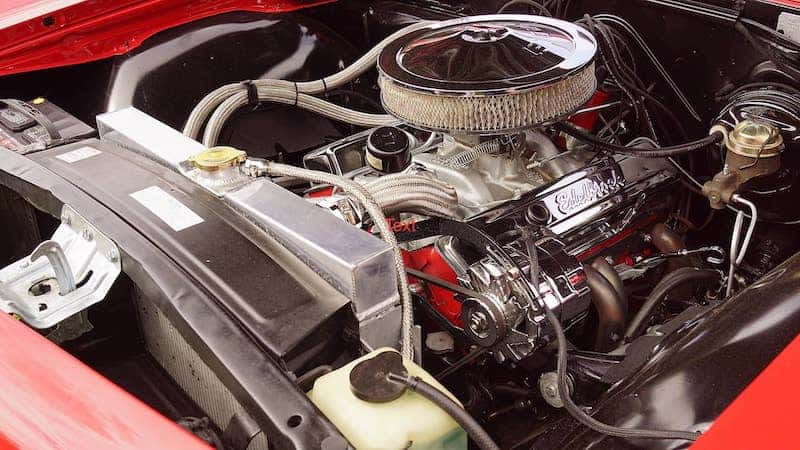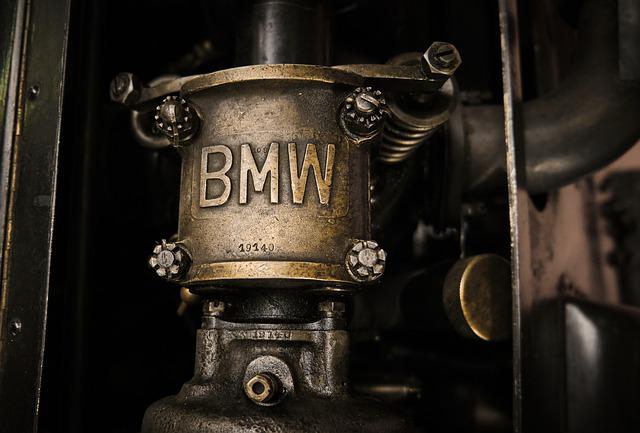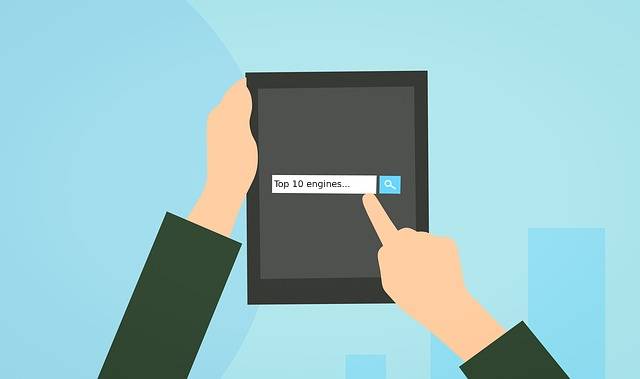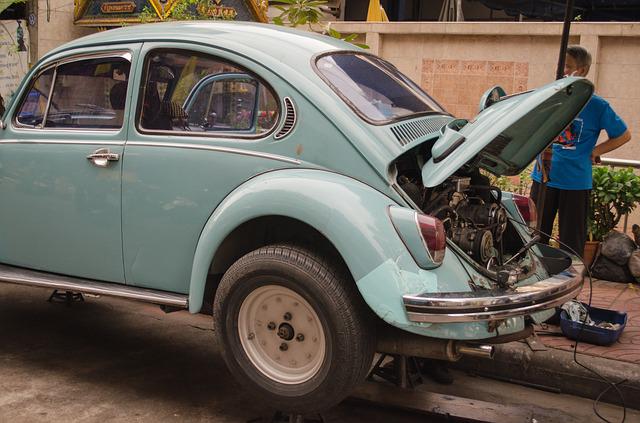4 Different Types of Car Filters and their Importance
Find Used Engines and Transmissions for a Great Price! Live Assistant For Used Engines Call 1800-518-9776

Types of Car Filters
Have you ever seen images of the effects of tobacco smoking on the lungs? In the same way, mechanics can show you photos of filthy automobile filters that are as frightening.
Driving courses teach you about what's on the interior of the vehicle, but you also need to know what's under the hood. Without clean air, oil, and gasoline, a car engine will not function correctly. Filters keep the engine clean by keeping pollutants out while allowing clean air and liquids to pass through.
In practically every vehicle, there are four different types of car filters:
-
Air filter
-
Cabin filter
-
Oil filter
-
Fuel filter
Understanding how these filters operate and when they need to be replaced is an important component of driving and maintaining your car. Dirty filters might cause major mechanical issues over time. It can interfere with the engine's proper operation, lowering your car's mileage. You can hunt for a used engine for sale to replace your damaged engine in this circumstance.
Let's take a deeper look at each filter type, what it does, and how you can change it.
Air Filters
It's possible that a dirty air filter is to blame for an older car's engine sputtering and spewing out black smoke. The check engine light will illuminate long before a newer automobile begins to emit smoke, indicating that the air filter has reached the end of its useful life.
An air filter is a simple component in the air intake system that cleans the air coming into the engine of pollutants. Bugs, water, road grit, pollen, dirt, and anything else that blows into your vehicle's grill are kept out by the screen.
Want to clean your engine? Read here How to Clean Your Car’s Engine – Step by Step Instructions
One of the easiest things to replace or clean is the air filter. You may lift out the filter by removing the intake pipe from the air collection box. Place the filter in front of the light. You should clean or replace it if you can't see light through it.
Cabin Filters
The cabin air filter keeps dust, pollen, and other air pollutants out of the air you breathe while driving, whether or not you have the air conditioner on. The ventilation system includes the cabin air filter. Several things are kept out of the air inside your car by this rectangular screen:
-
Exhaust fumes
-
Dirt
-
Dust
-
Pollen
-
Bugs
-
Leaves
Furthermore, the cabin air filter prevents all of this filth from obstructing the vehicle's air conditioning system.
Oil Filters
The various engine components that work together to make a car run require oil to keep them lubricated. Without oil, the engine would swiftly overheat, causing parts to prematurely wear out. In this can you can replace your worn-out engine with a used car engine for sale. Used engines can bring your car back on road at an affordable cost. However, every time oil flows through the motor it can become contaminated.
While the engine is operating, the oil filter keeps debris and dirt out of the oil. The smooth operation, engine longevity, and fuel mileage of your car are all dependent on a properly functioning oil filter.
You should be able to replace the oil filter if you can change your oil. Furthermore, replacing the oil filter every time you change your oil is a good idea. The oil and filter may need to be changed every 3,000 miles, however, many newer vehicles require fewer frequent replacements up to 10,000 miles.
Fuel Filters:
When fuel leaves a refinery, it is completely clean. Then it's transported to trucks and gas station tanks, where it may get tainted before reaching your car. Dirt, dust, and water are kept out of your engine by the gasoline filter.
In the fuel line is a cartridge that acts as a fuel filter. A screen inside the cartridge collects dirt, corrosion, and other contaminants from the gasoline before it reaches the fuel injector.
Confused about which type of Oil or fuel Your Engine needs? Read here to find out.
When it's time to change your fuel filter, you might find that your vehicle is sluggish than usual or that it's suddenly misfiring for no apparent reason. The fuel filter should be replaced every two years or 30,000 miles, whichever comes first, according to most manufacturers. For optimal performance, consult your car's owner's manual to determine when the fuel filter should be replaced.
The Bottom Line
All four types of vehicle filters ensure that your vehicle runs smoothly, allowing you to travel safely and without stress. When in doubt, always refer to your owner's manual's instructions. There will be a section on when and how to perform maintenance (such as filter changes).
related
You May Also Like

Which BMW Has the Most Horsepower?
A car is useless if it doesn’t have good horsepower. Just imagine driving your car with sluggish acceleration and it drags on the road whenever you take it for a spin.
Read Article
10 Best Engines Made So Far By Top Engine Manufacturers
Over the years, the car industry has seen major changes. Car engines have become smarter and it looks like every new engine that rolls out is better than the other.
Read Article
How to Make Your Car Last Forever?
Isn’t it lovely when a new car works the way you want? The gears shift smoothly and the wheels roll without dragging against the road. But as your car gets older, you’ll notice that it doesn’t drive smoothly, has lower fuel mileage, and overheats easily.
Read Article